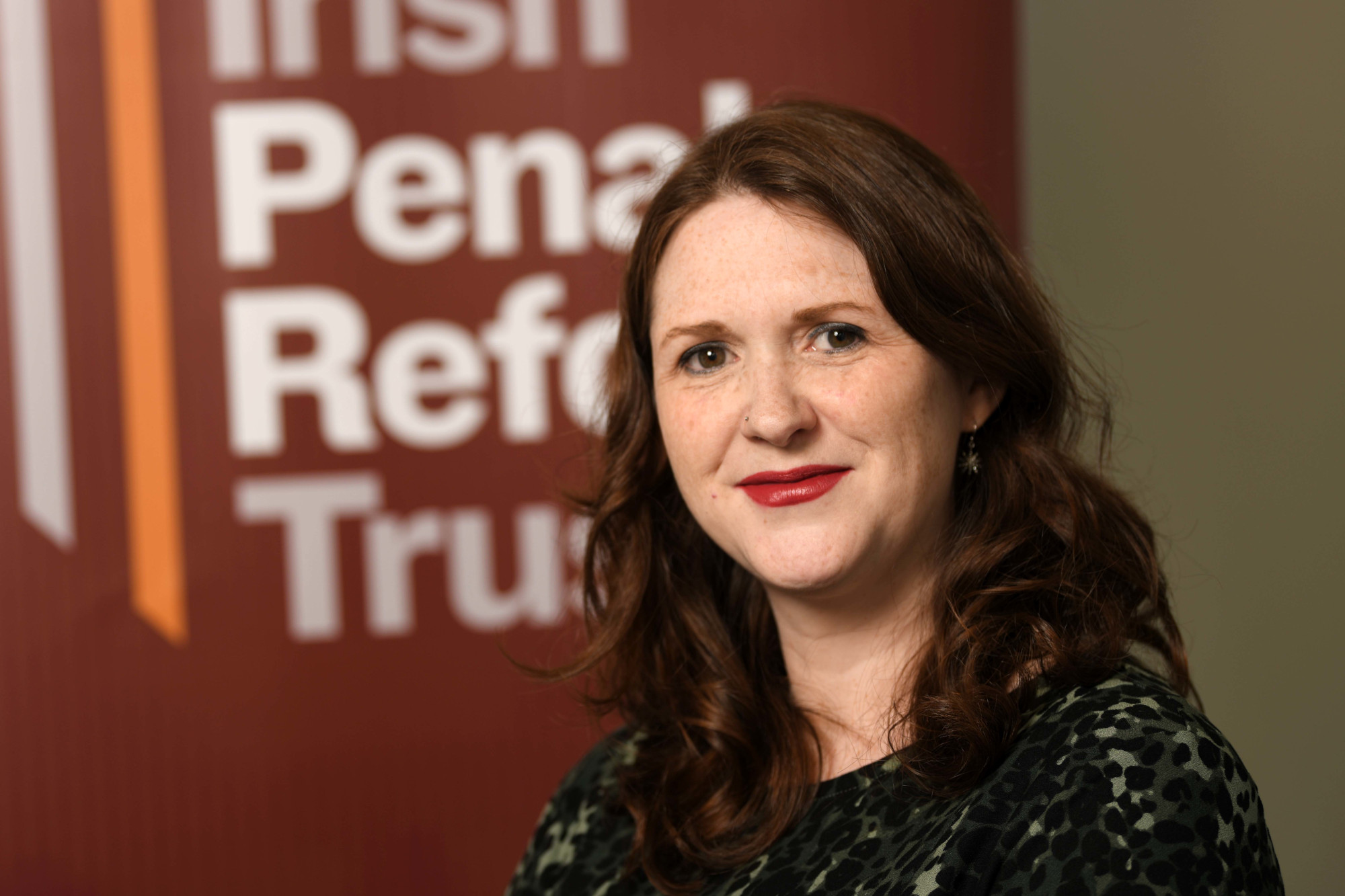New prisons ‘will not solve’ overcrowding crisis

Saoirse Brady
Prison expansion “will not solve” the overcrowding crisis, the Irish Penal Reform Trust (IPRT) has stressed after figures showed the Irish prison population reaching a record high.
The Irish Prison Service yesterday revealed that more than 200 prisoners were sleeping on mattresses on cell floors at the end of 2024 as the prison population reached 5,001.
A total of 8,704 individuals were committed to custody in 2024, a 9.6 per cent increase (+766) compared to 2023. Of these, 77 per cent of sentence committals were for 12 months or less.
IPRT said the figures highlight the urgent need for a decisive shift away from prison towards effective community-based alternatives, particularly for those on remand or for those serving sentences of less than 12 months.
Saoirse Brady, the NGO’s executive director, said: “Prison should be a sanction of last resort, yet these figures show it continues to be used for minor offences and at great financial cost to the State, when the average cost of a prison place approaches €100,000 a year.
“The fact that over three-quarters of sentences were for 12 months or less shows that prison is still being used inappropriately for minor offending.
“This approach does nothing to reduce reoffending and comes at an enormous human cost in terms of people often losing access to community supports, accommodation, employment and it has a hugely detrimental impact on family relationships.”
The government has committed in the national development plan (NDP) to spending €495 million on major infrastructure projects at Castlerea, Cloverhill, Mountjoy, Portlaoise, Wheatfield, Midlands, Dóchas Centre, and the former Cork prison site.
However, Ms Brady said: “Everyone from IPRT to the chief inspector of prisons agrees that we can’t build our way out of this crisis. Prison expansion is not a quick fix — it will be years in the making and will not solve this issue.”
She added: “IPRT met with the minister for justice earlier this week and welcomed legislative proposals that he has brought forward to expand the use of community service orders. More legislation is needed to expand the range of non-custodial options available to the judiciary.
“This should be accompanied by a rebalancing of investment into alternatives like probation supervision and restorative justice. Prioritising these types of measures could help stem the ever-increasing flow of people into the prison system who arguably should not be there at all.”
The increase in prisoners sleeping on mattresses indicates that many prisoners are “living in unacceptable conditions that constitute an unacceptable breach of their human dignity”, she said.
“Prison overcrowding not only undermines rehabilitation, it impacts safety for both prisoners and staff. Even in times of crisis there are basic human rights that must be upheld.”
IPRT argues that the government should invest in probation services, which Ms Brady said is cheaper and more effective at rehabilitation than imprisonment.
“Probation costs less than 10 per cent of a prison space and delivers better outcomes for people who can serve their sentence in the community,” she said.
“Evidence-based alternatives like the pilot supervised temporary release scheme for women in Limerick, bail support schemes and investments in community sanctions have been proven to deliver better results for the individual, their families and the wider community.
“It is high time that investment in the criminal justice system is rebalanced to make it more effective, cost-efficient and most importantly humane.”









